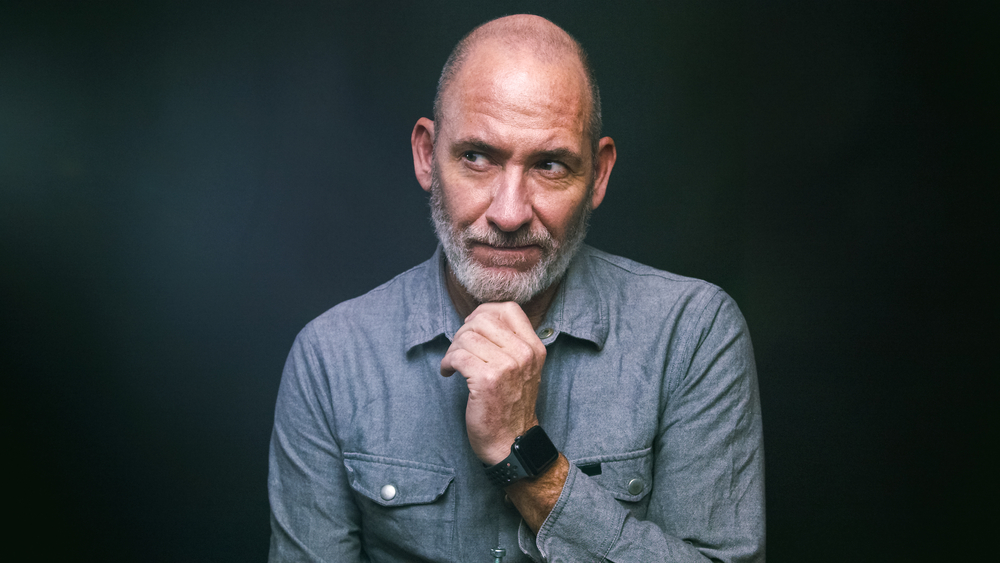Depression is a serious problems that affects many, many people over the course of their lifetimes. According to researchers, about 10% of the population is suffering from depression at any given time.
I’ve had experiences with depression, both personally and as a clinician. I help people with depression find as many ways as possible to get relief from it, and take the actions necessary to relieve it. Sometimes taking the action is the hardest part, because when we are depressed we may be able to recognize what we should do, when we are depressed we lack the will to do it.
That’s why I sometimes describe depression as a “disease of the will.”
How might you know you are depressed? Here are some of the most common signs of it:
- Coloring of our thoughts toward the negative and pessimistic
- A lack of the ability to feel joy
- A lowered energy most days
- For men, often a fairly omnipresent irritability. Lots of feelings of frustration.
- For men or women, feelings of sadness and melancholy
- Changes in sleep (either too much or too little)
- Changes in appetite (either too much or too little eating)
- Lowered energy
- Increased use of substances and escapes like alcohol, pot, porn, gambling, etc.
- Isolating from friends, family, community
I tend to work with men and women suffering from mild to mid-range depression – those who can function at some level, doing what they have to, but with little joy or energy. Those suffering from severe clinical depression, the kind that includes the inability to work, or get out of bed, and suicidality, usually require a more regimented approach including some medical approach (antidepressants, etc.).
For those suffering from mild to moderate depression, I am pragmatic about the use of anti-depressants. I recognize that as adults, our bodies are our sovereign territory, and it can be a big decision to try a mental health medication. I have seen people have relief from depression using Western medicine, acupuncture and herbs, naturopathy, and other alternative approaches.
I find that for most people, a mixture of talk therapy along with other actions can help mild to moderate depression.
If you think you’re depressed, or your loved one is – please call me. You don’t have to feel like this!



